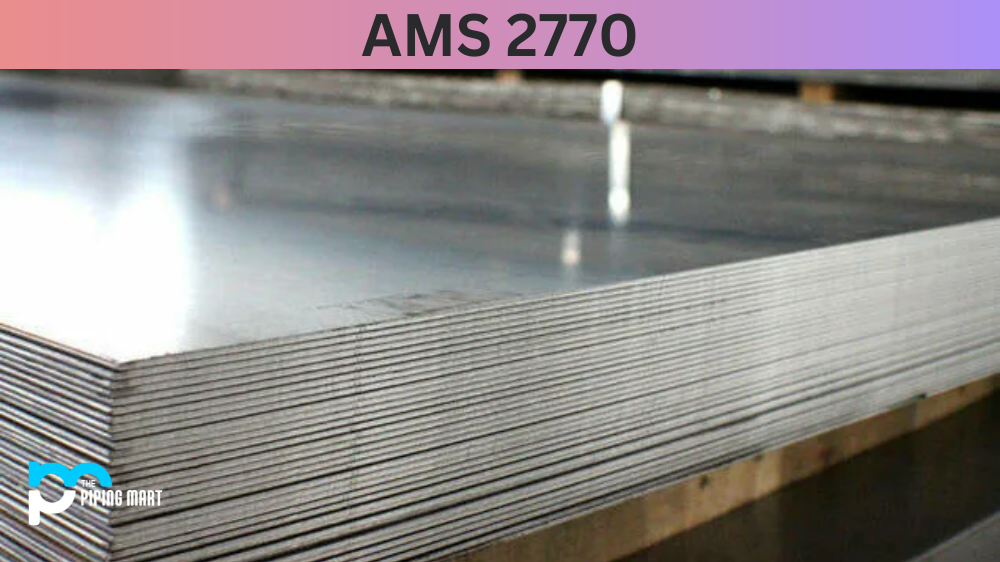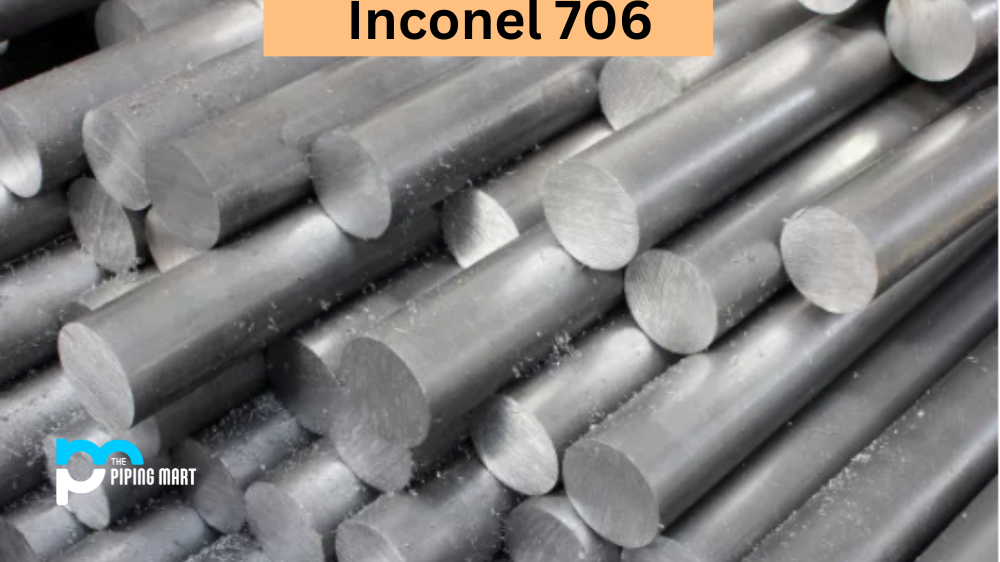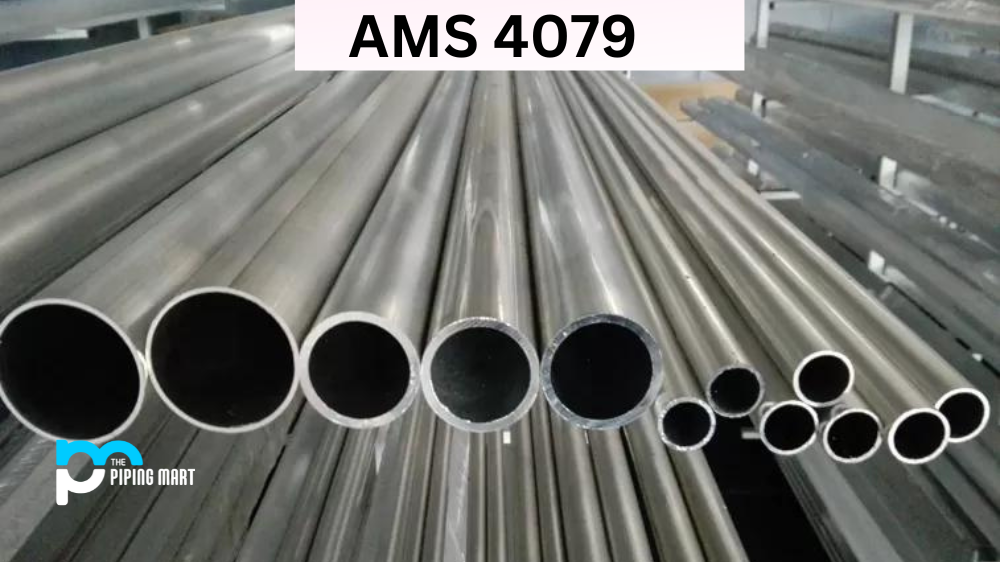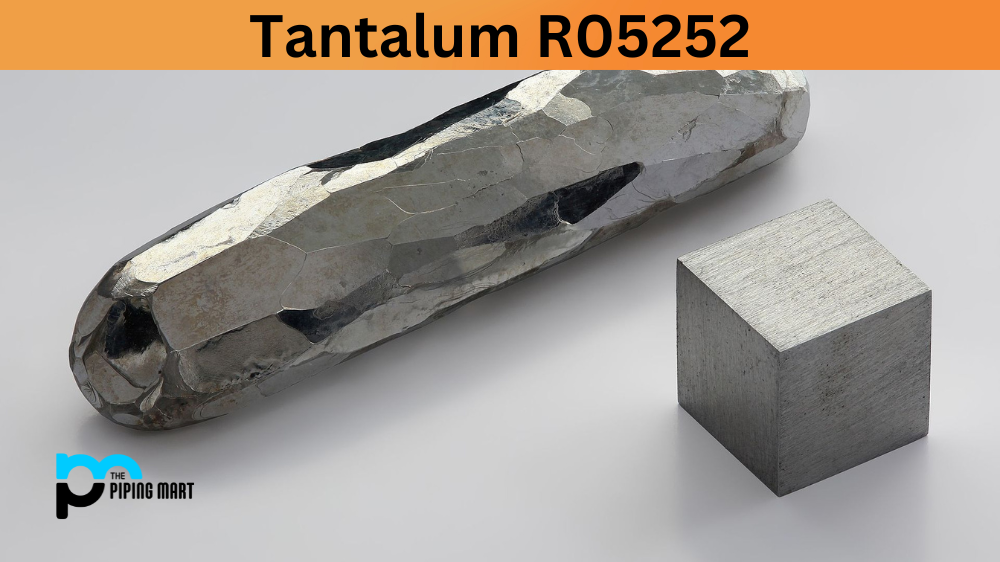AMS 2770 is a specification developed by the Society of Automotive Engineers (SAE) for the heat treatment of aluminium alloys. It outlines the minimum requirements for the thermal processing of aerospace and aircraft components. The specification defines these alloys’ composition, physical and mechanical properties, hardness, and heat treatment processes. This blog will examine this specification and discuss its importance in the aerospace industry.
What is AMS 2770?
AMS 2770 is a specification governed by the Aerospace Materials Division that outlines the heat treatment requirements for stress-relieving and post-weld heat treatment of welded components in the aerospace industry. Ensuring the strength and durability of aerospace structures and components and their ability to withstand high temperatures and extreme environmental conditions is crucial. Compliance with AMS2770 is vital in maintaining the safety and reliability of aeroplanes, spacecraft, and other aerospace vehicles. Understanding the importance of this specification is paramount in meeting the stringent standards required in the aerospace industry.
AMS 2770 Composition
AMS 2770 specifies the chemical composition of aluminium alloys to be treated. These alloys have a specific ratio of copper, magnesium, silicon, and zinc to achieve the desired mechanical and physical properties. The most commonly treated alloys are 2000, 6000, and 7000 series aluminium. The composition requirements for these alloys are outlined in detail within the specification.
AMS 2770 Physical Properties
AMS 2770 also defines the physical properties of aluminium alloys. These properties include density, thermal conductivity, and coefficient of thermal expansion. Ensuring the correct physical properties of the alloy can affect the performance and safety of the aircraft or aerospace component.
AMS 2770 Mechanical Properties
One of the most significant benefits of heat treatment, according to AMS 2770, is the enhancement of mechanical properties. It defines the mechanical properties essential for aerospace and aircraft components, such as strength, flexibility, and toughness. Heat treatment can improve these properties, making the component more durable and reliable.
AMS 2770 Uses
Using aluminium alloys that meet the standards outlined in AMS 2770 is vital in the aerospace industry. These alloys are commonly used to fabricate aircraft structural components, including fuselages, wings, and landing gear. The heat treatment, according to this specification, improves the properties of the alloys and ensures that they meet the industry’s stringent requirements for strength, durability, and reliability.
AMS 2770 Hardness
AMS 2770 also specifies the hardness requirements of aluminium alloys. For example, an alloy that is too soft can deform easily, affecting the component’s performance. On the other hand, if it is too hard, it may become brittle and break. The hardness requirements for aluminium alloys are essential to ensure the component’s performance, durability, and reliability.
AMS 2770 Heat treatment
Heat treatment is the process of heating and cooling metal to alter its properties. The specification outlines different heat treatment processes for aluminium alloys, such as solution heat treatment, precipitation hardening, and annealing. These processes help to enhance the alloys’ properties, such as tensile strength, elongation, and corrosion resistance.
Conclusion:
AMS 2770 material is an essential specification for the aerospace industry as it outlines the minimum requirements for the heat treatment of aluminium alloys. The specification ensures that the alloys meet the industry’s stringent requirements for mechanical and physical properties, hardness, and heat treatment. Following AMS 2770, process control during heat treatment is critical to ensure the quality and reliability of the components. Working with a heat treatment company that understands the specification and has experience treating aerospace and aircraft alloys is also essential to ensure that the final components meet all the requirements.

Pipingmart is a B2B portal that specializes in metal, industrial and piping items. Additionally, we share the latest information and information about materials, products and various types of grades to assist businesses that are involved in this business.




